
Janet Raloff
Editor, Digital, Science News Explores
Editor Janet Raloff has been a part of the Science News Media Group for more than four decades. While a staff writer at Science News, she covered the environment, toxicology, energy, science policy, agriculture and nutrition. She was among the first to give national visibility to such issues as electromagnetic pulse weaponry and hormone-mimicking pollutants, and was the first anywhere to report on the widespread tainting of streams and groundwater sources with pharmaceuticals. Her writing has won awards from the National Association of Science Writers, International Free Press Association and the Institute of Food Technologists. Over the years, Janet has been an occasional commentator on NPR's "Living on Earth" and her work has appeared in several dozen publications. She is also a founding board member of the Society of Environmental Journalists. In July 2007, while still writing for Science News, Janet took over Science News Explores (then known as Science News for Kids) as a part-time responsibility. Eventually, she expanded the magazine's depth, breadth and publication cycle. In 2013 it became her full-time job (although she still writes the occasional story for Science News). Before joining Science News, Janet was managing editor of Energy Research Reports (outside Boston), a staff writer at Chemistry (an American Chemical Society magazine) and a writer/editor for Chicago's Adler Planetarium. Initially an astronomy major, she earned undergraduate and graduate degrees from the Medill School of Journalism at Northwestern University (with an elective major in physics). She interned with the Office of Cancer Communications (NIH), Argonne National Laboratory, the Atomic Energy Commission (now Energy Department), the Oak Ridger in Tennessee and the Rock Hill Evening Herald in South Carolina.

All Stories by Janet Raloff
-
 Physics
PhysicsExplainer: How lasers make ‘optical molasses’
Light can bump an atom. Bump it from several different directions at once and even a fast-moving atom will instantly freeze its motion — and chill it to a temperature of nearly absolute zero.
-
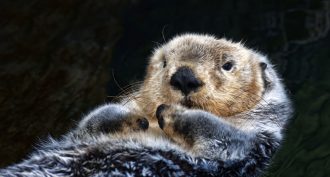 Animals
AnimalsSea otters picked up swine flu
A new study finds that large numbers of sea otters off of the U.S. Pacific coast have been exposed to the ‘pandemic’ type of this killer virus.
-
 Environment
EnvironmentPoisonings linked to e-cigarettes
A federal survey finds electronic cigarettes and the chemicals they burn are an increasing cause of reports of harm made to poison-control centers. Young children are often the victims.
-
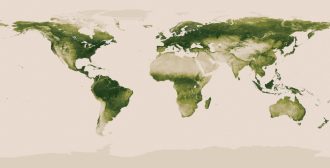 Computing
ComputingExplainer: Data — waiting to become information
People want information. To get it, experts must sift through facts to find trends and other types of useful knowledge that has value.
-
 Science & Society
Science & SocietyMany teens try alternatives to cigarettes
Teen use of cigarettes has dropped a bit in recent years. But many kids have been turning to other tobacco and tobacco-like products. And which they choose can differ sharply by gender and ethnic group.
-
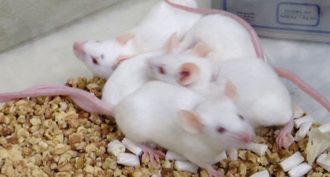 Health & Medicine
Health & MedicineCancers like it cool
Get that mouse a sweater! A chilly environment suppresses the immune system in mice. This can foster cancer growth, a new study finds.
-
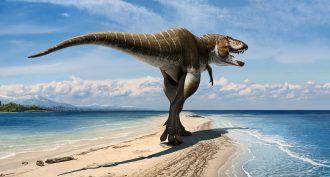 Fossils
FossilsKing of Gore
Paleontologists debut the oldest T. rex ancestor. Weighing as much as a car and longer than a two-story building is tall, this meat eater would have been one fierce predator.
-
 Fossils
FossilsHow sharks survived the ‘Great Dying’
By abandoning their coastal homes, some sharks survived an event that caused mass extinctions of other species.
-
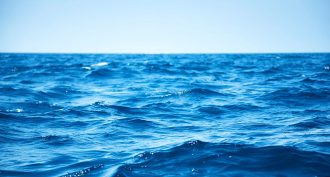 Earth
EarthWorld’s biggest volcano is hiding under the sea
Tamu Massif is currently sleeping with the fishes some 2 kilometers (1.2 miles) below the surface of the Pacific Ocean.
-

Goodbye SNK, hello Science News for Students
Science News for Kids gets a new name, a new look and more resources that mesh with the curricula and needs of today’s classrooms.
-
 Environment
EnvironmentExplainer: All crude oil is not alike
Crude oil comes in conventional and unconventional types.
-
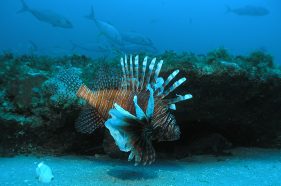 Animals
AnimalsGorgeous eco-bullies
‘Foreign’ lionfish — aquarium castoffs — have been invading American coastal waters at an alarming rate and gobbling up the natives.